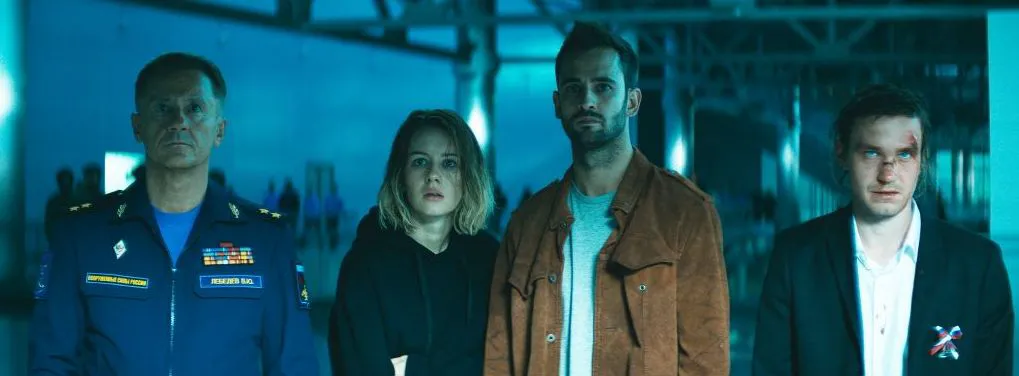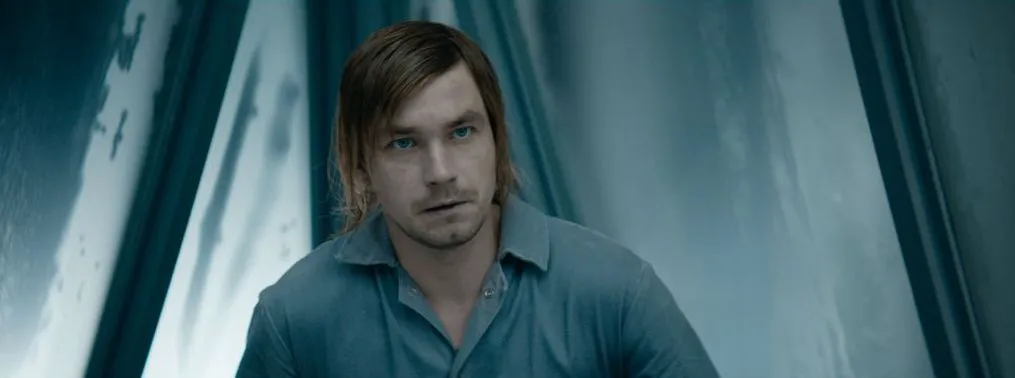Invasion: A Sci-Fi Sequel That Loses Its Way
Following the events of “Attraction,” Yulia Lebedeva (Irina Starshenbaum) finds herself under constant government surveillance. Once just a general’s daughter, she’s now a subject of intense scrutiny. Accompanied by her father (Oleg Menshikov), she’s subjected to weekly visits to a research institute, where scientists attempt to harness alien technology through her. Frustrated with her role as a lab rat, Yulia rebels. During one experiment, she encounters Artem (Alexander Petrov), a prisoner who, for the second time in a year, is unsure why he’s incarcerated. She implores her father to ease the surveillance, and in that brief window, she’s abducted by Hekon, also known as Khariton (Rinal Mukhametov), an alien who warns of a new, more significant threat to Earth: Ra, a massive artificial intelligence capable of controlling any digital system and manipulating the masses.

Fedor Bondarchuk’s initial sci-fi installment, “Attraction,” was unremarkable yet promising. Despite its flawed storytelling and pop soundtrack, it boasted impressive CGI and a rare anti-militarist message for Russian cinema. It suggested that perceived external threats might be less dangerous than the incompetence of military leaders and aggressive thugs. However, these merits were often qualified with “for a Russian film,” and the ending dissolved into sentimentality. Despite skepticism, “Invasion” held the potential for improvement.

Technical Improvements, Ideological Shift
Technically, “Invasion” shows growth. The climactic global catastrophe is visually superior to similar scenes in films like “Geostorm.” A long, computer-generated action sequence is particularly well-executed. The alien exoskeleton battles no longer resemble video game cutscenes, and the high-resolution aircraft don’t fly over flat Google Maps printouts. “Invasion” is arguably the most visually impressive Russian sci-fi action film, though it faces limited competition.

Selling Out to the System
With limited competition, the film embraces product placement and aligns itself with the Ministry of Culture, abandoning the humanistic ideals of “Attraction.” While “Invasion” touches on national unity and following one’s heart, its overt messaging reveals a different agenda: glorifying the Russian military’s defense against external threats. The film warns against trusting the internet, suggesting it can be manipulated to control the population (implying that Yulia might be guilty of something). It promotes the idea that politics should be conducted behind closed doors, away from public scrutiny.

A Conservative Fantasy
“Invasion” essentially portrays a conservative fantasy. An alien ship seizes control of the internet, giving the government a pretext to urge citizens to abandon computers, phones, and other gadgets. The film suggests that only traditional media and face-to-face conversations can be trusted, creating a utopian Moscow where people breathe fresh air, even as the city faces imminent flooding.
This political shift, while understandable given the film’s state funding, is detrimental both socially and artistically. In “Attraction,” the antagonists voiced extreme slogans, but in “Invasion,” the ideological mouthpiece shifts to the side of absolute good. The film becomes preoccupied with moralizing, urging viewers to be kind, listen to their hearts, and trust state media, neglecting its own melodramatic and tragic elements, including Alexander Petrov’s recurring role as a political prisoner with a bizarre portrayal of a stroke.